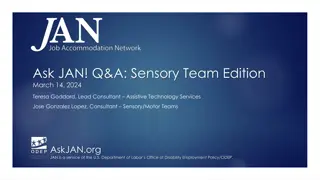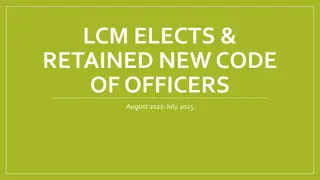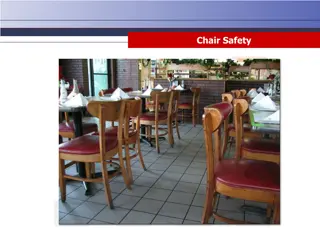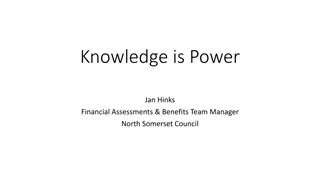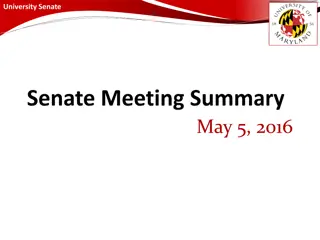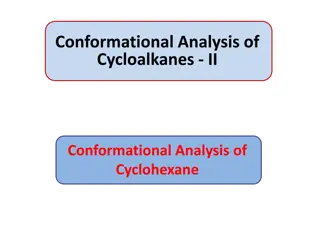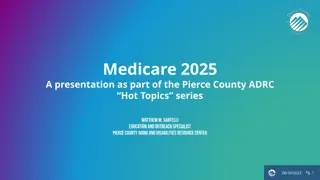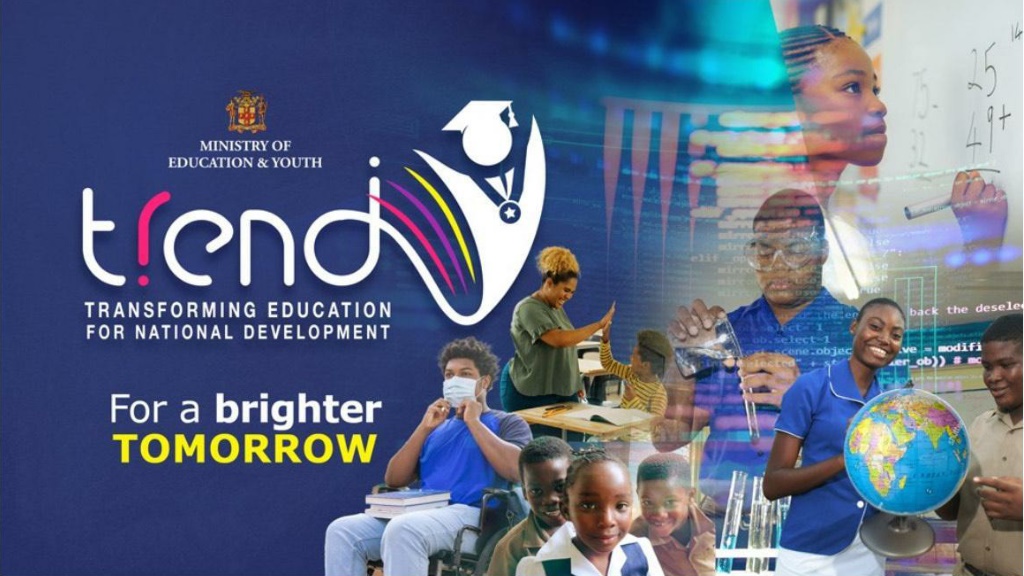
Performance Review in Education Initiatives
This comprehensive report provides an overview of the education sector's performance across various pillars such as Teaching, Curriculum, Governance, Accountability, Infrastructure, Technology, and more. It highlights initiatives on track, completed, and those lagging, outlining challenges and expected resolutions by 2025. Progress in governance, teacher training, early childhood education, and other key areas is detailed with completed recommendations and next steps identified.
Download Presentation

Please find below an Image/Link to download the presentation.
The content on the website is provided AS IS for your information and personal use only. It may not be sold, licensed, or shared on other websites without obtaining consent from the author. Download presentation by click this link. If you encounter any issues during the download, it is possible that the publisher has removed the file from their server.
E N D
Presentation Transcript
Overall Performance Pillars Teaching, Curriculum & Teacher Training Early Childhood Education Governance & Accountability Tertiary Sector Infrastructure & Technology 12% - (Infr.) 49% (Tech) TVET Finance Overall Completion Rate by Pillar 10% 24% 13% 16% 32% 13% 22% Number of Initiatives Lagging 1 0 0 0 0 0 0 1 Number of Initiatives on Track 35 11 36 14 12 15 8 128 Number of Initiatives Completed 3 1 2 0 0 1 - 7 Number of Initiatives Started 36 12 38 14 12 16 8 136
Lagging Initiatives Pillars Teaching, Curriculum & Teacher Training Early Childhood Education Governance & Accountability Tertiary Sector Infrastructure & Technology Finance TVET Lagging Initiative JTC Bill _ - - - - - Finalization of Report by the Joint Select Committee of Parliament Reason For Lag - - - - - - Expected Resolution date (get back on track) 2025
Initiatives Not Yet Started # Pillars # of Recommendations Ongoing 2025- 2026 Medium Term Long Term 1- Governance & Accountability 37 35 37 23 19 2 - Early Childhood Education 31 13 18 24 3 3 - Teaching, Curriculum & Teacher Training 183 38 45 91 54 4 - Tertiary Sector 42 14 16 17 6 5 - TVET 12 12 6 - Infrastructure & Technology 29 15 20 15 5 7 - Finance 31 9 12 18 2 365 TOTAL
Completed Recommendations Recommendation Achievement Next steps Conduct structural review of the NCE to strengthen its capacity against its designated legislative functions. Board Selection Framework is 90% completed - Training sessions to be held with schools in Region 1 and 2 in January 2025. Approximately 527 Board Members were trained representing 144 of a total of 235 schools. - Follow up with schools that were unable to participate due to inclement weather in Region 6 and 7. Prepare and disseminate NEIs inspection reports with value added components to stakeholders and the public The NEI has published 340 inspection reports with value-added components, and the new reporting format was successfully implemented in September 2021. Continue to implement value-added components in Inspection reports. Make public reports on schools financials, academic and NEI reports 100 percent of the NEI reports for the 2023-2024 academic year were made public. NEI reports for the 2024-2025 academic year were published. Institutional Review of the Early Childhood Commission An internal review of the existing structure was undertaken, with a proposal approved by the MOEY and submitted to the MOFPS. A draft TOR was prepared for internal review, and the annual risk-based audit plan for 2024/2025 was completed. The TOR will be finalized and the MOEY Legal Team will by January 10, 2025. A consultant will be engaged for ECC s institutional review, and the audit plan for the 2024/2025 financial year has been implemented.
Completed Recommendations Recommendation Achievement Next steps Request approval for increased budget to support in-service training of practitioners (Early Childhood) Infant and Primary schools received up to 65% of payment for operational grants (based on size of the school) - $480M increase overall Preparations are ongoing for 21 schools (including 20 Basic Schools to be converted to fully funded Infant Departments. The Ministry is set to cater to 945 students and 94 teaching staff at an operational cost of two hundred and sixty-three million, nine hundred and ninety- three thousand, four hundred and sixty-five dollars and sixty-two cents ($263,993,465.62) for January 2025. Training of TVET officers to conduct facility audits 13 Technical and Vocational Officers were trained to conduct Facility Audits for the TVET program, both in physical and virtual spaces. TVET Education Officers will now conduct facility audits as a part of their supervision to determine the gap between Teaching and Learning in the physical space. Capacity of pre- service teachers at all levels of the education system to more effectively teach and deliver TVET programmes Collaborate with the HEART NSTA TRUST to facilitate capacity building for TVET teachers. For the period, 150 teachers were trained utilizing the Competency Based Education and Training and assessment.
Initiatives Highlights Previous Pillar Key Strategic Highlights For The Quarter Current 20% GAL MSBM Strategic review of the MOEY 30% 50% GAL Develop a centralized cloud-based software 55% 87% GAL JTC Bill 87% 20% GAL Amend criteria for the appointment of teachers 25% 80% ECE Development of a higher education policy . 90% ECE Conduct comprehensive legislative review of EC legislation 17% 15% 80% ECE Improve the services to children with disabilities 85%
Key Targets For 2025 Strategic Priorities 2025 Key Targets 1 2 3 4 5 .CSEC Mathematics CSEC English Trend Implementation Reform MOEY Central Office 6 STEM Schools Greater Secondary School Collaboration Twinning of Schools 48.9% 79.7% 30% 35% 10% 56 schools will be twinned. The initiative will be reactivated in September 2025. The framework incorporated in the school improvement framework. JTC Bill Strategic Framework for Board Selection Change Management Strategy implemented Training of inservice and preservice teachers at all levels is being reviewed and 6 7 8 9 10% 100% 100% 100% 70% 10
International Competitiveness 2022 PISA Score 1800 1600 1400 1200 1000 800 600 400 200 0
School Improvement Plan Steps Self Evaluation Activities Schools use the Ministry's School Excellence Model to evaluate performance Frequency Annually Improvement Plans Schools develop plans to improve Annually Evaluations Ministry led team visits each school every 6 years 6 years Cluster System Principals meet regularly with cluster superintendents to monitor improvement plans Ongoing
Priority Recommendations 1) Increase matriculation standards for entering TTIs. 2) Consider how incentives can be strategically utilized to attract, retain, fill gaps, and improve quality in the teaching profession. 3) School board selection framework should be improved. 4) Central Ministry needs to develop critical KPIs and track these on a frequent basis to measure and monitor performance. 5) Greater participation of parents/guardians in the education process


